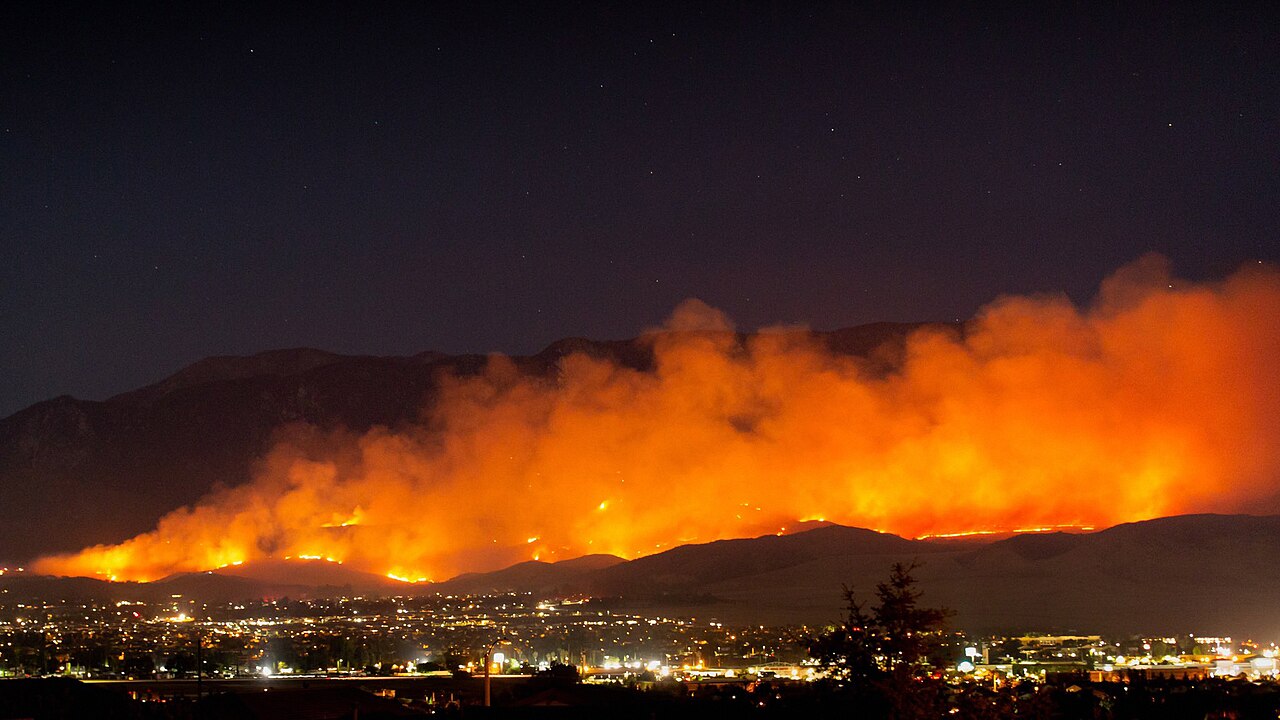Hundreds of London schools are set to receive new air quality filters in a £2.7m scheme designed to reduce pollution in classrooms and protect children’s health.
Mayor Sir Sadiq Khan said the rollout, covering more than 200 schools across the capital, could cut harmful particulate matter (PM2.5) inside classrooms by up to 68%.
Speaking at St Mary’s RC Primary School in Battersea, south-west London, one of the first schools to receive the filters, Sir Sadiq said they could have a “life-changing” impact on young people.
Comments closed
